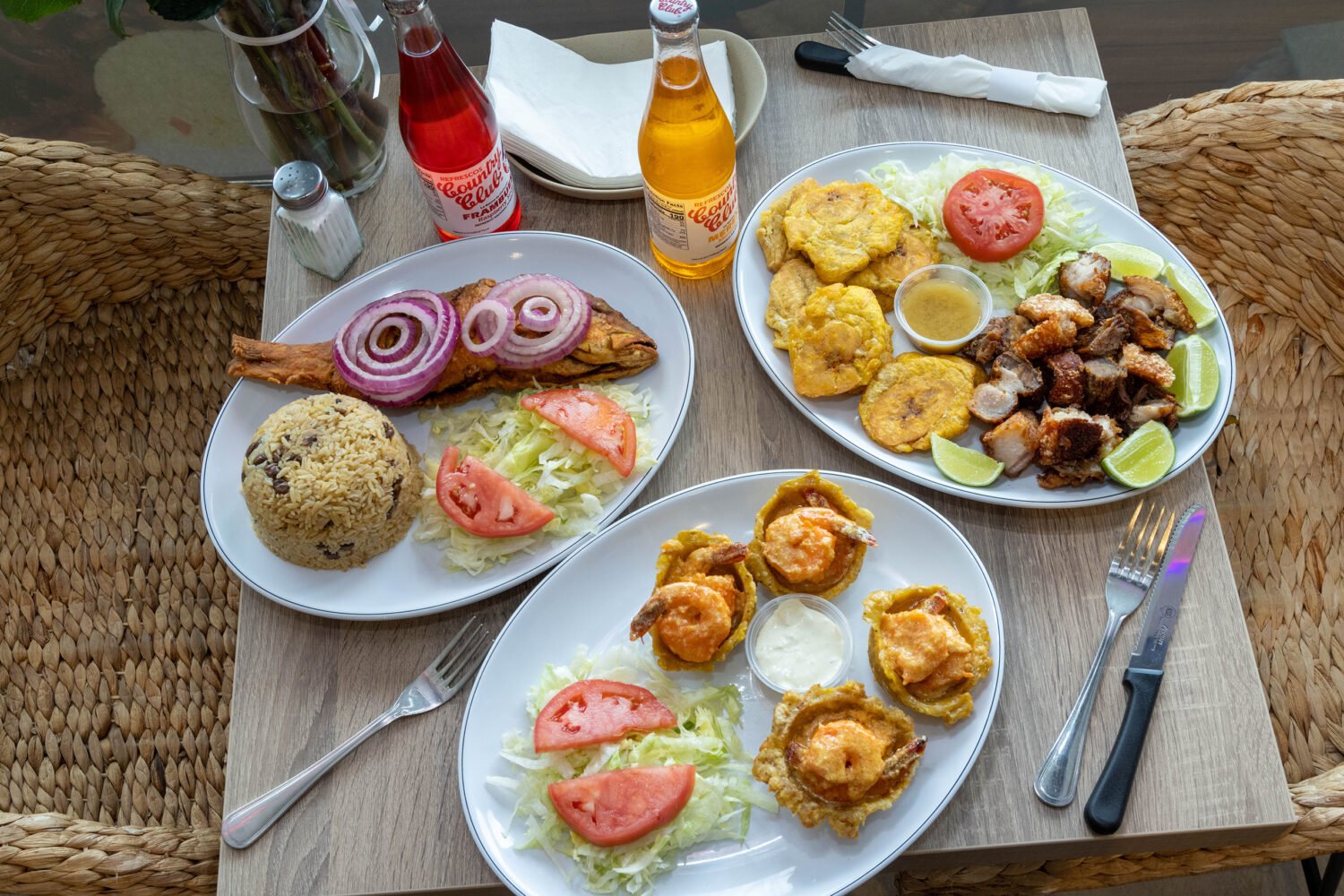Service fees. Covid recovery fees. Wellness fees. Now add one more to the growing list of extra charges showing up on DC restaurant checks: credit card fees. A handful of restaurants—from casual sandwich bar Fight Club to pricey omakase counter Sushi Nakazawa—have recently started forcing diners who throw down a Visa or AmEx to pay more for their meals.
Given that this comes at a time when most businesses and customers are moving away from cash, what’s the deal? “Credit card processing has never cost me more, and the reality is, I’ve been absorbing that cost for a long time,” says Jeff Black, who added a four-percent credit card fee at his DC restaurants Pearl Dive Oyster Palace and BlackSalt this year. “There are often times when my credit card processing is higher than my rent.”
Black has so far resisted introducing any kind of service fee despite rising labor costs in the wake of Initiative 82. (The new DC law will phase out the system that allows businesses to subsidize base wages with gratuities.) He says he often feels taken advantage of when he encounters one on a menu. And it’s easier to explain credit card processing fees than service fees, which come with complicated wage model explanations and confusing tipping expectations. But ultimately, both kinds of fees are just different ways for restaurants to cope with increased costs. “If I look at all the options that are out there, I would rather put a light on the credit card companies,” Black says.
Of course, some spots are opting for both. At Capitol Hill restaurants Beuchert’s Saloon and Fight Club, you’ll now find a four-percent “fair wage” charge and a 3.5-percent “non-cash adjustment.” “The margin zone at restaurants is always razor thin, so even 3.5 percent really helps at the end of the week,” says Andrew Markert, who owns both places. He says he hasn’t seen a significant change in how customers pay—around 90 percent still use cards. Although those fees recently got some blowback on social media, he hasn’t encountered much resistance in person. “I definitely think the public is more aware, especially post-Covid, of all of the costs that go into running a restaurant now,” Markert says. “I would imagine people would have bucked a little bit more five years ago.”
Perhaps counterintuitively, some credit card processors have recently started pitching the idea of passing credit card fees to customers, but framed as “cash discounts,” says Jordan Cotton, co-owner of Union Market rum distillery and bar Cotton & Reed. In this scenario, the processing fees for customers are slightly higher than what businesses would typically pay. Given that most customers will continue to use cards anyway, this potentially leads to higher profits for processors: “I guarantee they’ve done all the math required to demonstrate that they come out on top of this one, which is part of their pitch as well. They’re like, ‘Yeah, look, it’s a cash discount, but it’s 2023. People aren’t going to just move paying with cash.’”
Cotton himself has decided not to have a credit card fee; he says he already gets plenty of grief for his bar’s 20-percent service charge. “But bars and restaurants have to do whatever is going to work to make ends meet,” he says. “I don’t think anybody’s going to buy a private island because they moved to this model—except the processing companies, probably.”













